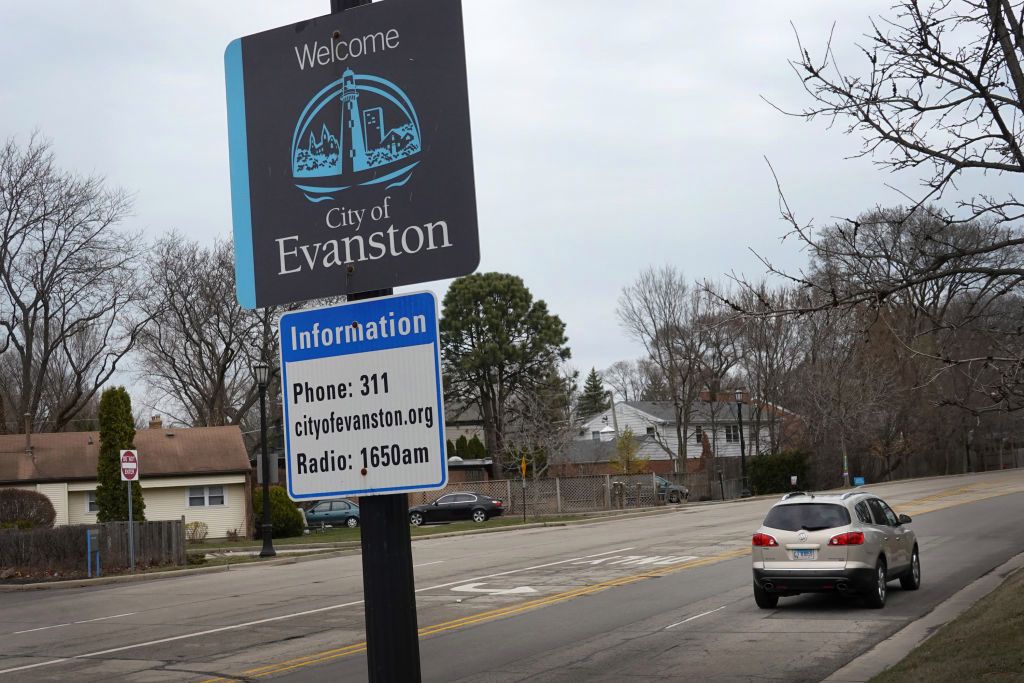The First U.S. City To Promise Black Residents Reparations Faces A Series Of Rollout Challenges
Source: Scott Olson / Getty
Earlier this spring, the city of Evanston, Illinois, become a symbol of hope during a long storied effort to ensure the federal government disseminates reparations to the descendants of chattel slavery.
Bolstered by the first $10 million in revenue from the city’s cannabis tax, Evanston became the first city in the United States to enact reparations, signaling interest from other cities like Asheville, North Carolina, and Amherst, Massachusetts.
The reparations rollout included several phases, the first of which would provide $25,000 to Black residents who were victims of housing discrimination. The funds would be allocated towards home improvement costs, down payments, closing cost assistance, and mortgage payments.
However, three months after the program’s approval, Black Evanston residents are dismayed with the process and want the program to be paused for revaluation. Meanwhile, conservative groups who are dedicated to ignoring factual evidence that systemic racism allowed Black people in America hundreds of years of disenfranchisement, are threatening to sue the city over the enactment of reparations.
Black Evanston residents believe that the current reparations program is far from the mark especially after the distribution switched from a cash payment process to a housing assistance initiative. The program also inhibits certain residents, like renters, from benefitting from their just due. And the bank and lender programs that have routinely participated in discriminatory practices against Black community members, have too much ownership in the process.
Critics of the program say the term “reparations” does not define what has been allocated in Evanston. Instead, they feel the model leans towards a housing voucher program. Over the last few weeks, community members have marched to advocate for a reevaluation pause.
Evanston residents are also concerned about how the program will move to the next phase after losing a central advocate in Aldermen Robin Rue Simmons. Simmons was one of the co-authors of the reparations bill and recently resigned from the city council to work at NAARC, the National African American Reparations Commission.
“I have worked about 80-hour workweeks for the last four years,” Simmons told NBC News, “and I’ve decided that I will work on reparative justice, specifically in the Black community focused on reparations both in Evanston and beyond.”
This week reparations became a central focus as the nation commemorated the hundreds of Black lives lost during the Tulsa Race Massacre. And while Biden’s speech struck a chord that systemic racism still deeply impacts the advancement of Black communities, he did not address the topic in his speech. In Congress, a bill that calls for a commission group to study and recommend a path forward is held up in proceedings.
SEE ALSO:
The Tulsa Race Massacre And Making The Case For Reparations
Illinois City Greenlights Historic Reparations Plan For Black Residents Funded By A Weed Tax
[ione_media_gallery id=”4158822″ overlay=”true”]

